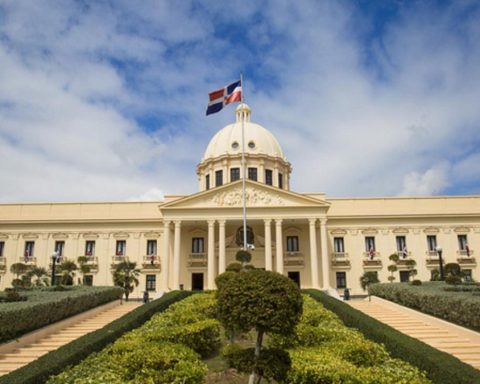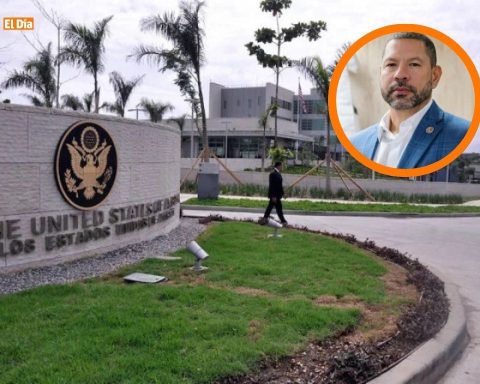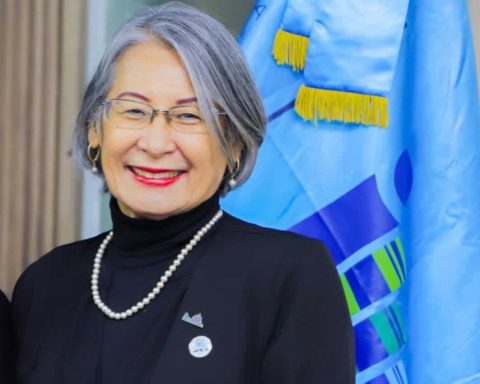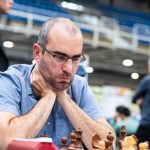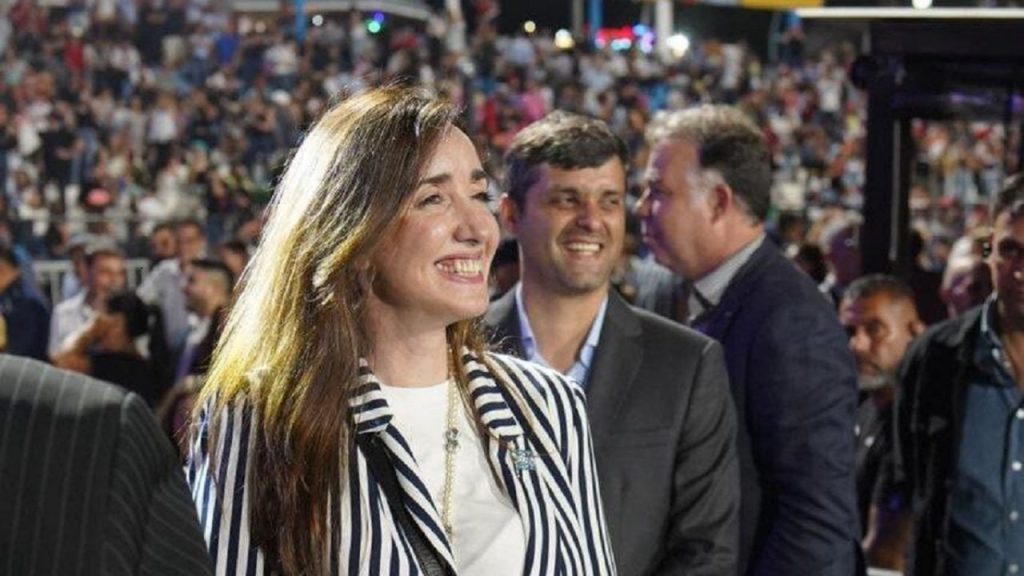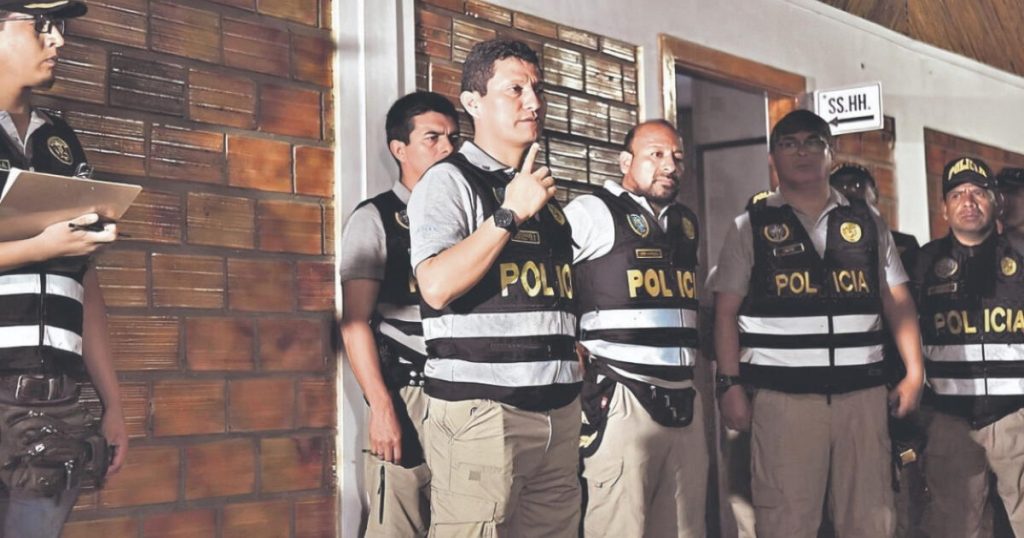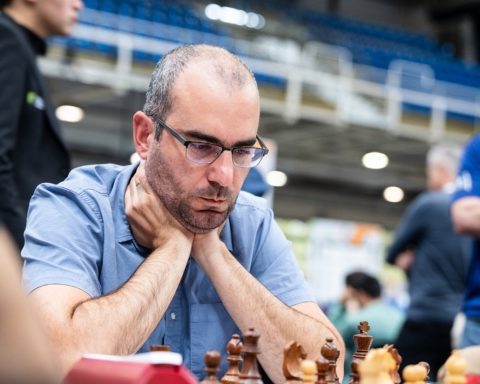Regardless of the different views that constitutionalists have on the proposed reform to the Constitution recently presented by President Abinader, and the debate that will surely arise regarding different aspects of it, it is undeniable that we are facing a different scenario than usual in which those in power are seeking to put limits on it, and that is an exceptional case not only in our history, but in that of our region.
The issue of the election of the president and his possibility of re-election has not only been present in the 39 reforms made to our Magna Carta, but since 1963, when non-re-election was briefly established, and after the omission of this prohibition in the 1966 Constitution gave rise to indefinite re-election, we have wandered between total opposition to the possibility of re-election for a consecutive or separate period, and the facts prove that the former presidents tried to carry out a reform in order to be able to seek another term.
Therefore, the fact that President Abinader has decided to put an end to the continuing anxiety that the end of presidential terms represents, often encouraged by those who, looking out for their own interests, lead their leaders to think that they are irreplaceable, by establishing provisions that give stability to the two-term election system and never again, preventing its modification, just as Article 268 of our Constitution prevents modifying the form of government, which must always be civil, republican, democratic and representative, is a fact that marks a difference between his actions and those of the presidents who have governed us since 1966.
The separation of the powers of the State in weak democracies such as ours is a process under construction, and in this regard we have also experienced a back and forth since 1994, when, as a result of the electoral crisis, a constitutional reform was promoted with the political aim of shortening the term of the then president Balaguer, whose re-election was questioned, which was taken advantage of by his opponent José Francisco Peña Gómez to strengthen the independence of the judiciary by ending the questioned election of judges by the Senate and creating for this purpose the National Council of the Judiciary (CNM), independence that was cut back in the constitutional reform of 2010, the work of former president Leonel Fernández, in which the control of said body by the president was also increased, through the inclusion of the Attorney General of the Republic.
The proposed reform not only seeks to reverse the inclusion of the Attorney General in the CNM, but also to eliminate the preponderant vote of the president in it, and to strengthen the independence of the Attorney General by moving from an appointment and removal by simple decree of the president, to an election by the CNM with an irremovable character for a period of 4 years, and expressly establishing that it cannot be a person who has held a leadership position in a party or carried out notorious political proselytism during the 5 years prior to his appointment.
Although the issue of the unification of elections, as popular as it may seem, would be a democratic setback, and what should be decided is how to strengthen that separation and whether the presidential and congressional elections should be held separately, and that other aspects that should be reformed in our Constitution could be included, such as the paragraph of article 20 that limits the possibility of being elected as presidents and vice presidents to those who have acquired another nationality, which does not make sense in a country that has an increasingly active and important community abroad that contributes enormously to our country, and it should be enough to renounce the other nationality to be able to do so without subjecting it to a prior period of ten years that in practice becomes an impediment, we must admit that President Abinader, although he has chosen to make a specific reform, has a noble objective that seeks to solidify our democracy, which if approved as expected due to the congressional majority of his party, would constitute his legacy for history.


